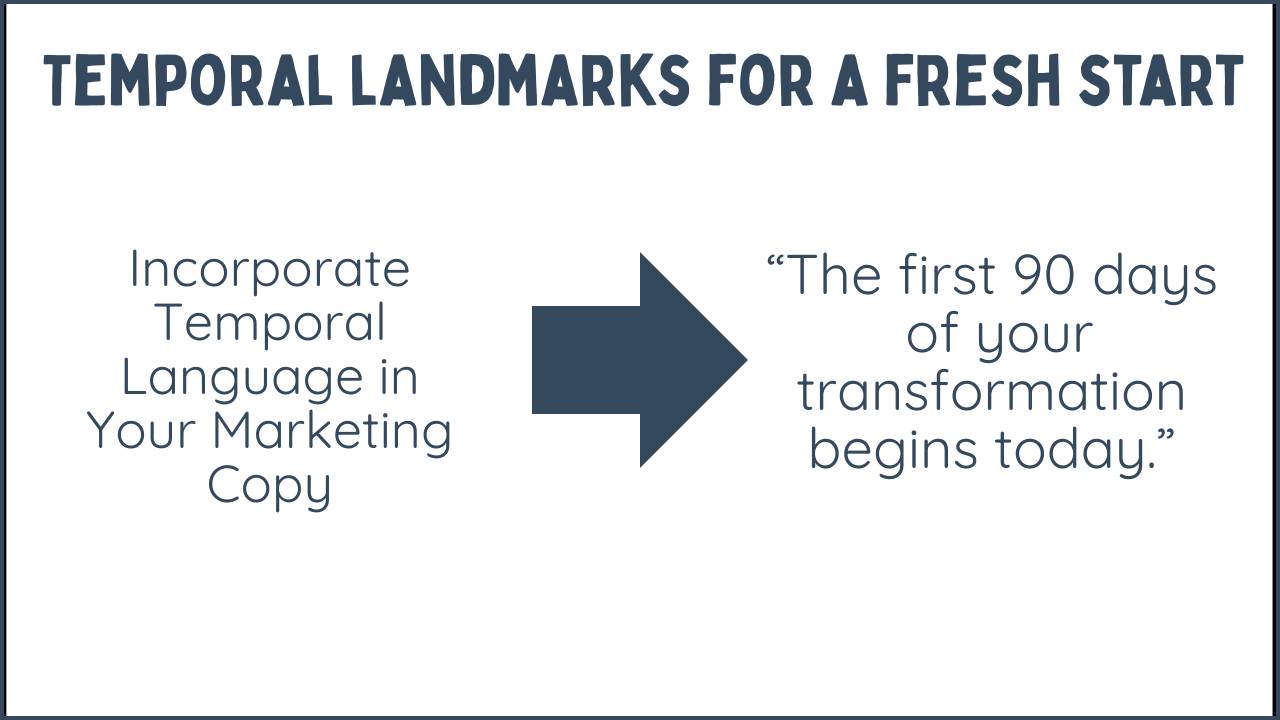What's the Secret Behind Magnetic Copy
August 5, 2025: The Copy Psychology Newsletter
Copywriting is often thought of as writing that sells, but what actually makes it persuasive has little to do with the writing itself and everything to do with the psychology behind it.
When someone reads a website, an email, or a sales page, they're not making decisions based on facts alone. They're reacting to how something makes them feel, whether they trust the person behind the words, and whether they believe the offer will help them in the way they want to be helped.
The role of psychology in copywriting is to guide people toward a decision by recognizing what they value, what they fear, and what tends to make them hesitate.
One of the biggest influences in copywriting is the way we use social proof. When someone sees that others have already taken a certain action and benefitted from it, it reduces the sense of risk. This is especially helpful when what you are offering is unfamiliar or feels like a big commitment.
Another example is the principle of loss aversion. People are often more motivated to avoid missing out than to gain something new. This is why phrases that hint at something going away or being limited in some way can create a feeling of urgency.
Good copy anticipates questions before someone has to ask them. It addresses concerns without sounding defensive. It makes people feel seen and understood, rather than sold to. This happens through psychology.
This post is for paying subscribers only
Already have an account? Log in



